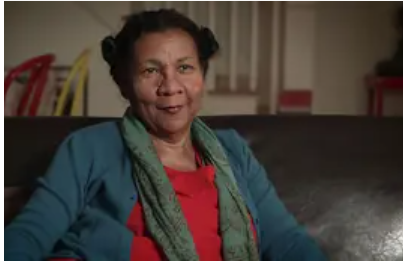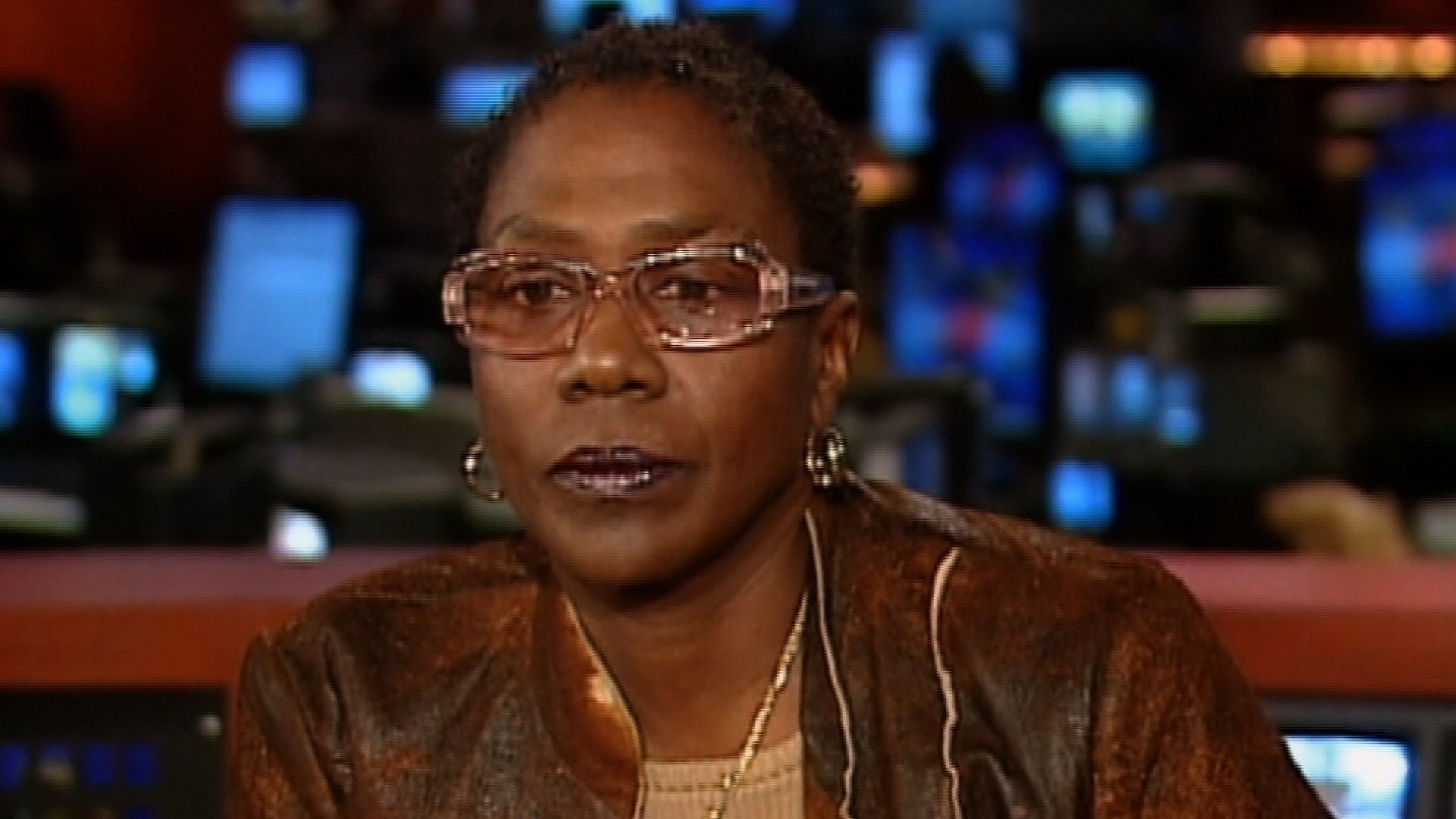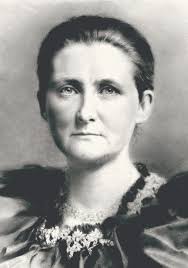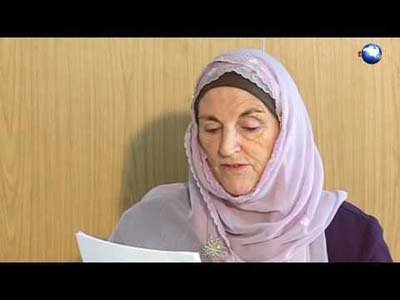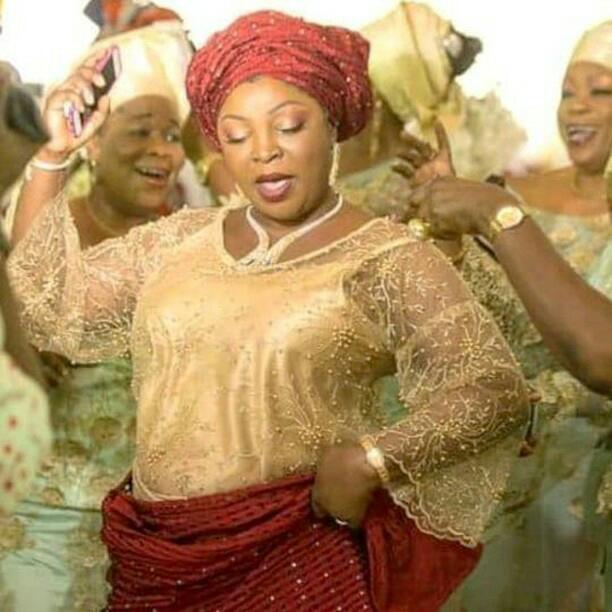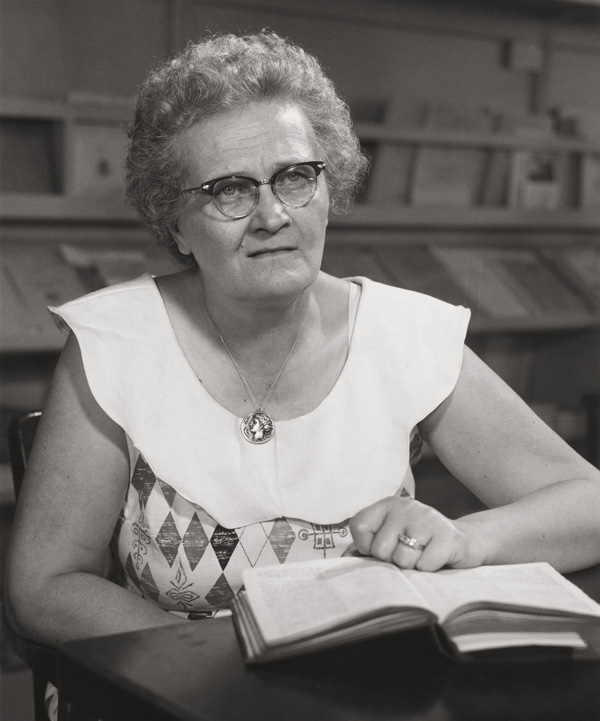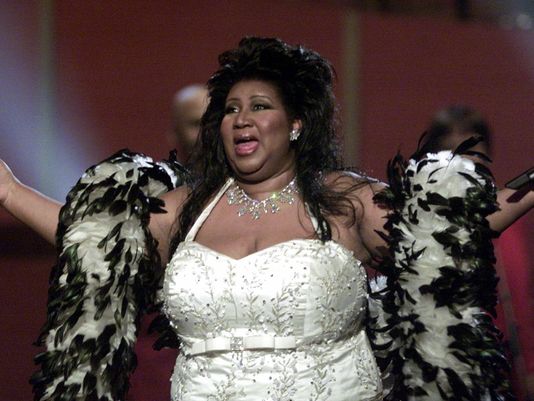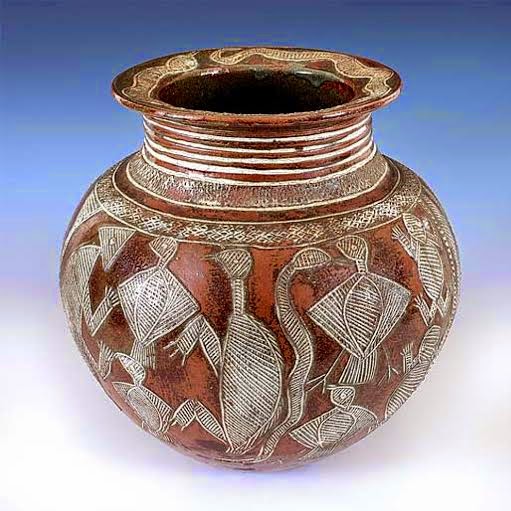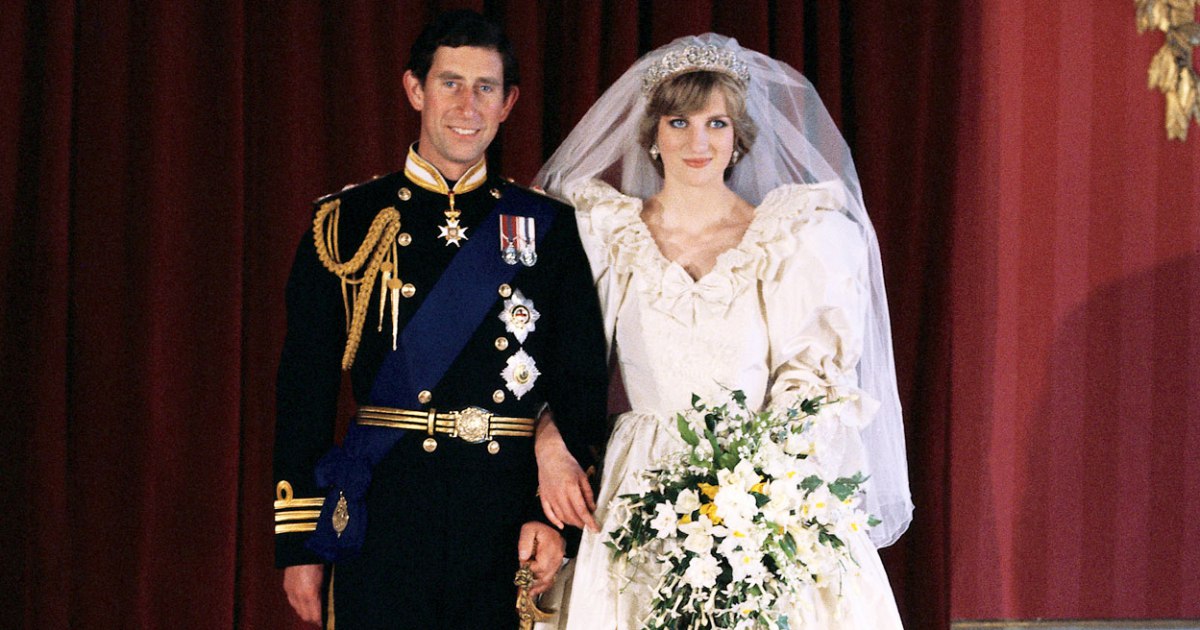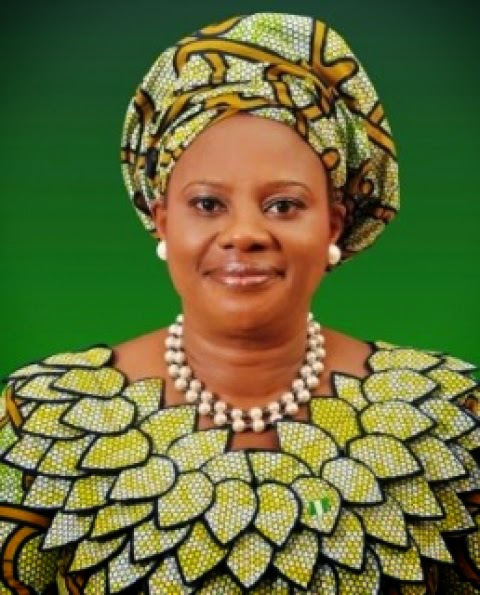“Social classifications (e.g., race, gender, sexual identity, class, etc.) are interconnected, and ignoring their intersection creates oppression towards women and changes the experience of living as a woman in society.”
Gloria Jean Watkins, a feminist per excellence more widely known as “Bell Hooks,” a name she adopted to honor her late maternal grandmother, Bell Blair Hooks, whom she claimed, “was known for her snappy and bold tongue, which I greatly admired.”
She was an American author, professor, feminist, and social activist. The focus of her writing was to explore the intersectionality of race, capitalism, and gender and what she described as their ability to produce and perpetuate systems of oppression and class domination. She published around 40 books, including works that ranged from essays and poetry to children’s books. She published numerous scholarly articles, appeared in documentary films, and participated in public lectures.
Her work addressed love, race, class, gender, art, history, sexuality, the mass media, and feminism.
She began her academic career in 1976 as an English professor and senior lecturer in ethnic studies at the University of Southern California. During her three years there, Golemics, a Los Angeles publisher, released her first published work, a chapbook of poems titled “And There We Wept” (1978).
In the early 1980s and 1990s, Hooks taught at several post-secondary institutions, including the University of California, Santa Cruz, San Francisco State University, Yale (1985–1988, as assistant professor of African and Afro-American studies and English), Oberlin College (1988–1994, as associate professor of American literature and women’s studies), and, beginning in 1994, as distinguished professor of English at City College of New York.
South End Press published her first major work, Ain’t I a Woman? Black Women and Feminism, in 1981, though she had written it years earlier while still an undergraduate. In the decades since its publication, ‘Ain’t I a Woman’ has been recognized for its contribution to feminist thought, with Publishers Weekly in 1992 naming it “one of the twenty most influential women’s books in the last 20 years.
Min Jin Lee of The New York Times in 2019 said that Ain’t I a Woman “remains a radical and relevant work of political theory.” Hooks lays the groundwork of her feminist theory by giving historical evidence of the specific sexism that black female slaves endured and how that legacy affects black womanhood today.
“Ain’t I a Woman? examines themes including the historical impact of sexism and racism on black women, the devaluation of black womanhood, media roles and portrayals, the education system, the idea of a white-supremacist-capitalist-patriarchy, and the marginalization of black women.
“Ain’t I a Woman?” Black Women and Feminism (1981) Feminist Theory: From the Periphery to the Center (1984) All About Love: New Visions (2000) We Real Cool: Black Men and Masculinity (2004) are some of her most famous works.
Hooks described herself as “queer-pas-gay”. In her conversation with The New School in 2014 entitled “Are You Still A Slave? Liberating the Black Female Body” Hooks said
‘As for the essence of queer, I think of Tim Dean’s work on being queer and queer not as being about who you’re having sex with – although that can be a dimension of it – but queer as being about the self that is at odds with everything around it, and it has to invent and create and find a place to speak and to thrive and to live.
Being queer definitely had something to do with her relationships, which were non-conforming to anything that might be termed normal. She was never married, although she had relationships throughout her life.
She kept this up till the 2000s when she became not only single but also celibate. She disclosed this when she opened up about her love life during an interview with Shondaland in 2017 when she said, “I don’t have a partner. I’ve been celibate for 17 years. I would love to have a partner, but I don’t think my life is less meaningful.
Bell Hooks died on December 15, 2021, from kidney failure at her home in Berea, Kentucky, aged 69. But not before she had made a name for herself as an academic, a writer of repute, and one of the strongest feminist voices there ever was. All these she accompanied despite her modesty.
Do you all remember that stunt Burna Boy pulled when he called out the Coachella organizers for writing his name in small lettering despite him being an “African Giant”? Well, Bella Hooks did the exact opposite.
After changing her name from Gloria Jean Watkins to Bell Hooks to honor her late grandmother Bell Blair Hooks, she specifically chose not to capitalize it in order to “emphasize the importance of the substance of her writing as opposed to who she is.”
In reference to the unconventional lowercasing of her pen name, Hooks added that “When the feminist movement was at its zenith in the late ‘60s and early ’70s, there was a lot of moving away from the idea of the person. Let’s talk about the ideas behind the work, and the people matter less… It was kind of a gimmicky thing, but lots of feminist women were doing it.”
Now her name is not only written in bold due to her leaving her indelible print in the sands of time but it is also written in something much more royal – gold. This buttresses Shakespeare’s saying that “What is in a name, that which is called a rose, called by any other name, would still smell just as fine.”
The aura and scent that surround that name shall continue to smell so delicious and sweet for a long time to come.
On the celebration of International Women’s Day 2022 and beyond, may we all remeber thier names.



